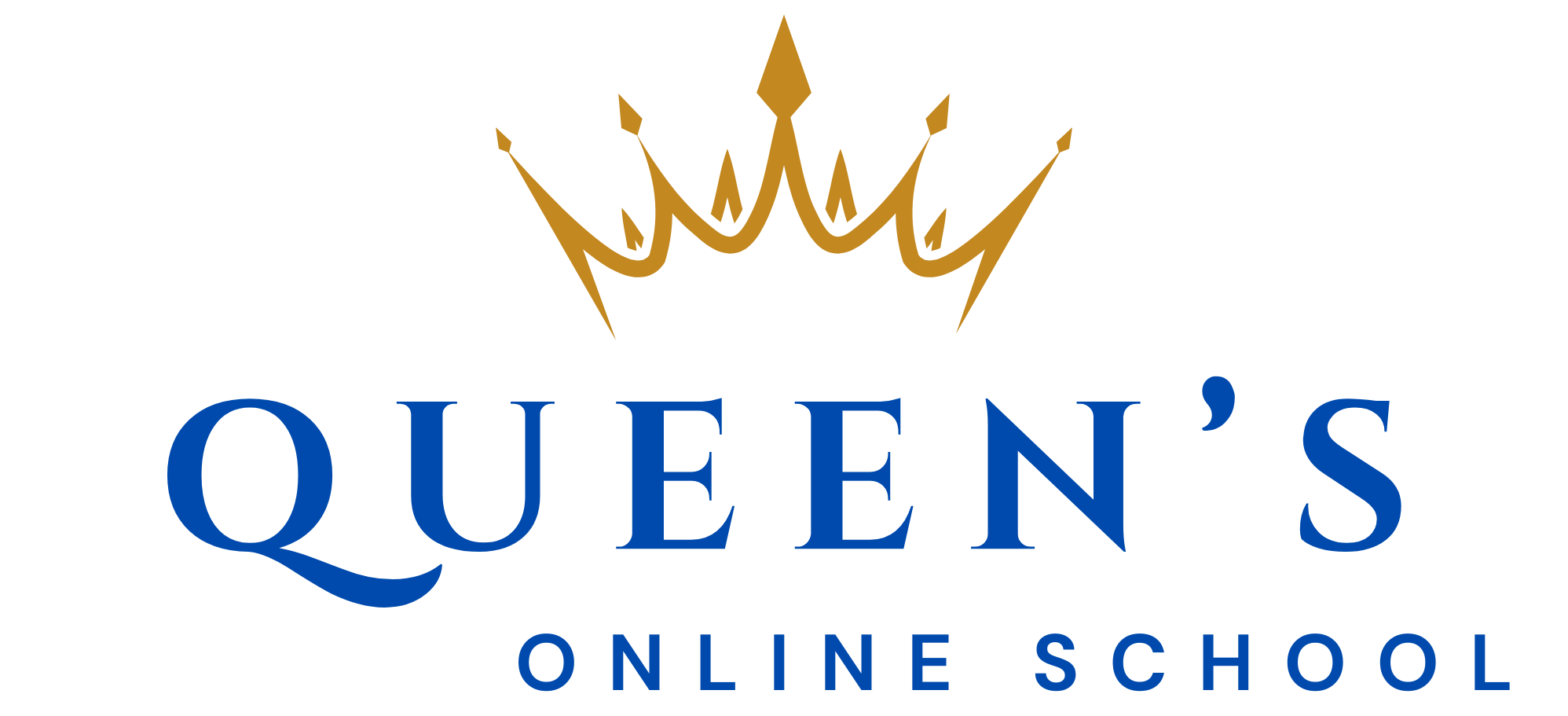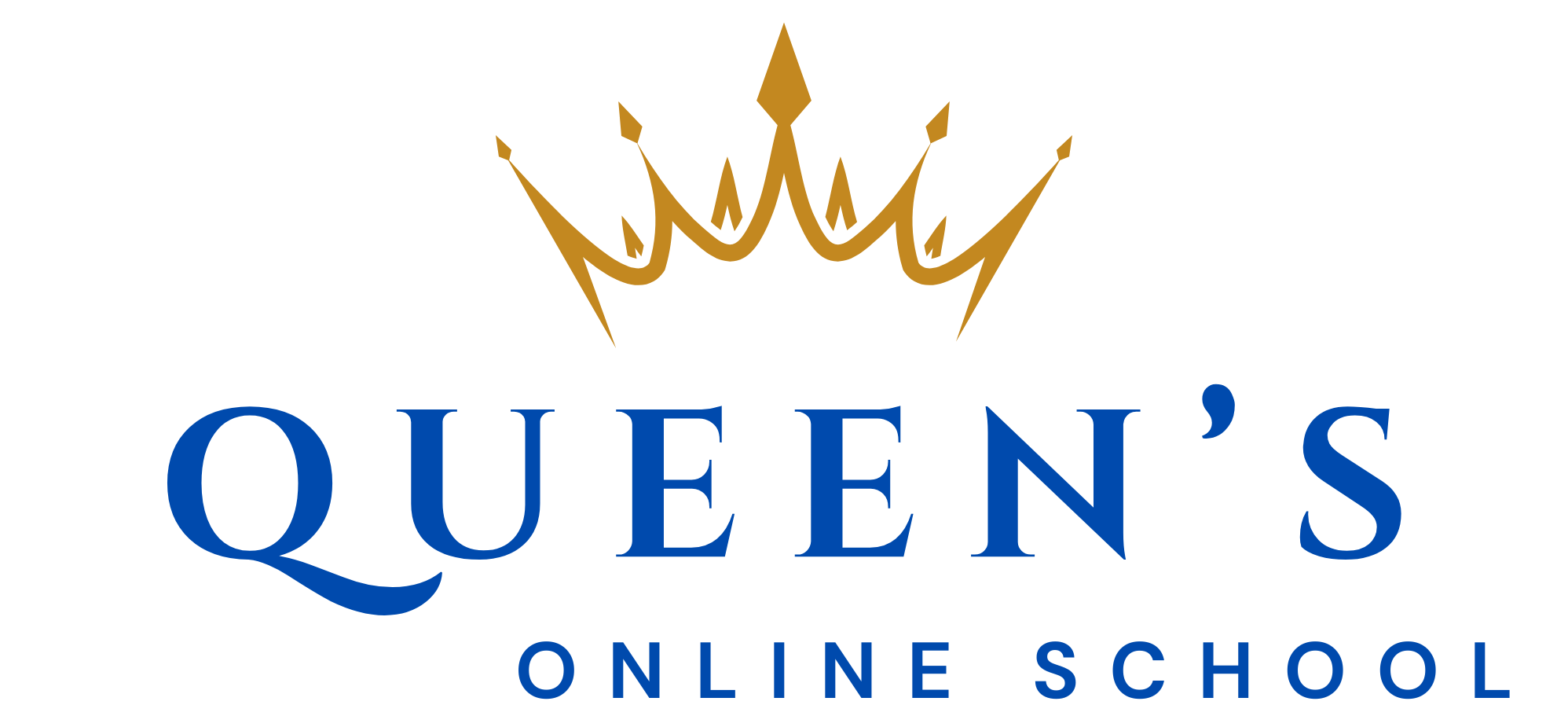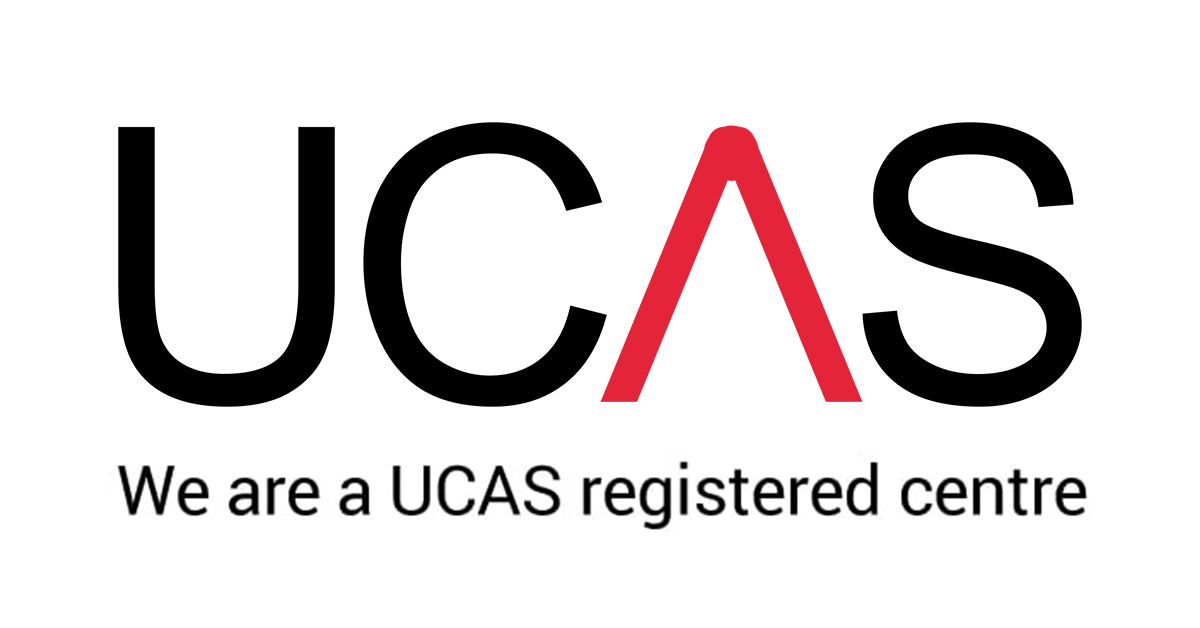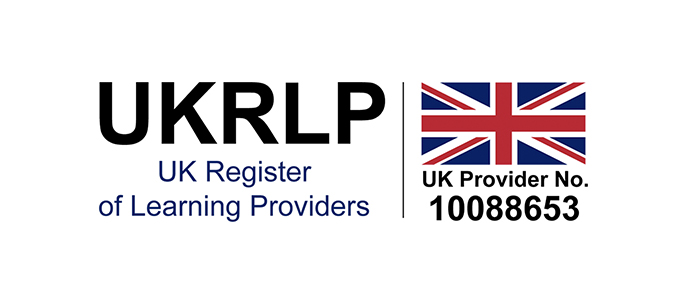International A Level Biology
Pearson Edexcel – Qualification Codes: WBI11/ WBI12/ WBI13 (IAS), WBI14/ WBI15/ WBI16 (IAL)
Why Study This Course?
The Pearson Edexcel International Advanced Level in Biology provides students with a comprehensive understanding of biological principles, preparing them for further studies in medicine, environmental science, genetics, and life sciences. This course fosters scientific inquiry, practical experimentation, and problem-solving, making it ideal for students with a strong interest in the natural world.
This course is ideal for students who:
- Have a passion for biological sciences and exploring the complexity of living organisms.
- Want to develop scientific and analytical skills applicable to medical, environmental, and research careers.
- Enjoy conducting practical experiments and applying theoretical knowledge to real-world biological contexts.
- Are considering university degrees in Medicine, Biomedical Sciences, Genetics, Pharmacy, Ecology, or Biotechnology.
- Wish to gain a globally recognised qualification that supports progression to top universities and professional fields.
Who is This Course For?
This course is suitable for students who:
- Are curious about how life functions at the molecular, cellular, and ecological levels.
- Enjoy hands-on laboratory work and investigative research.
- Want to develop skills in experimental design, data analysis, and critical evaluation.
- Aspire to careers in healthcare, pharmaceuticals, conservation, or forensic science.
This course fosters scientific literacy, analytical thinking, and experimental proficiency, essential for higher education and professional careers in science.
1. Experimental Techniques and Practical Skills
- Conducting microscopy, chromatography, and enzyme assays.
- Performing biochemical tests, PCR, and electrophoresis.
- Designing and analysing scientific investigations.
2. Critical Thinking and Problem-Solving
- Evaluating hypotheses, data reliability, and research validity.
- Understanding biological concepts in real-world contexts.
- Applying scientific reasoning to ethical and medical issues.
3. Mathematical and Data Analysis Skills
- Using statistical tools to interpret biological data.
- Understanding biochemical calculations and rates of reaction.
- Analysing graphical representations of biological processes.
The course assesses students based on the following objectives:
| Objective | Description | Weighting |
|---|---|---|
| AO1 | Demonstrate knowledge and understanding of biological concepts | 30% |
| AO2 | Apply knowledge and understanding in practical and theoretical contexts | 40% |
| AO3 | Analyse, interpret, and evaluate scientific information and experimental data | 30% |
Strong Preparation for A-Level and Beyond
This course provides a solid foundation for degree-level study in Biology, Medicine, and Life Sciences.
Recognition by Top Universities
The Pearson Edexcel International A-Level in Biology is widely recognised by universities, employers, and research institutions worldwide.
Development of Advanced Scientific and Research Skills
Students develop investigative, mathematical, and laboratory skills, which are essential in medicine, environmental science, and biotechnology.
Engaging and Real-World Applications
The course covers medical breakthroughs, ecological sustainability, and genetic engineering, ensuring students engage with relevant and impactful topics.
Course Structure
The qualification consists of six externally assessed written units, divided into two levels:
International Advanced Subsidiary (IAS) – Equivalent to AS Level
Unit 1: Molecules, Diet, Transport, and Health (IAS – 20%)
Exam Duration: 1 hour 30 minutes
Assessment Format: External written examination
Topics Covered:
- Biological Molecules – Structure and function of carbohydrates, proteins, lipids, nucleic acids, and water.
- Enzymes and Metabolism – Enzyme action, factors affecting activity, and applications in medicine.
- Transport in Living Organisms – Circulatory systems, gas exchange, and membrane transport.
- Health and Disease – Cardiovascular diseases, genetics, and risk factors.
Unit 2: Cells, Development, Biodiversity, and Conservation (IAS – 20%)
Exam Duration: 1 hour 30 minutes
Assessment Format: External written examination
Topics Covered:
- Cell Structure and Function – Prokaryotic vs. eukaryotic cells, mitosis, meiosis, and cell specialisation.
- Stem Cells and Genetic Regulation – Gene expression, differentiation, and genetic disorders.
- Biodiversity and Conservation – Classification, evolution, and ecological relationships.
Unit 3: Practical Skills in Biology I (IAS – 10%)
Exam Duration: 1 hour 20 minutes
Assessment Format: External written examination
Topics Covered:
- Application of experimental techniques and problem-solving in biology.
- Understanding data collection, experimental design, and error analysis.
- Performing core practicals in molecular biology, microscopy, and ecology.
International Advanced Level (IAL) – Full A-Level
Unit 4: Energy, Environment, Microbiology, and Immunity (IA2 – 20%)
Exam Duration: 1 hour 45 minutes
Assessment Format: External written examination
Topics Covered:
- Photosynthesis and Respiration – Energy flow in ecosystems, ATP production, and metabolic pathways.
- Microbiology and Biotechnology – Bacterial growth, antibiotic resistance, and genetic engineering.
- Immunity and Disease – Immune system mechanisms, vaccines, and epidemiology.
Unit 5: Respiration, Internal Environment, Coordination, and Gene Technology (IA2 – 20%)
Exam Duration: 1 hour 45 minutes
Assessment Format: External written examination
Topics Covered:
- Homeostasis and Control Mechanisms – Nervous system, hormones, kidney function, and feedback loops.
- Genetic Technology and Applications – DNA sequencing, gene therapy, and CRISPR.
- Neurobiology and Behaviour – Reflexes, synapses, brain structure, and learning processes.
Unit 6: Practical Skills in Biology II (IA2 – 10%)
Exam Duration: 1 hour 20 minutes
Assessment Format: External written examination
Topics Covered:
- Designing and evaluating biological experiments.
- Applying statistical and mathematical skills in biology.
- Conducting advanced practical work in molecular genetics and physiology.






